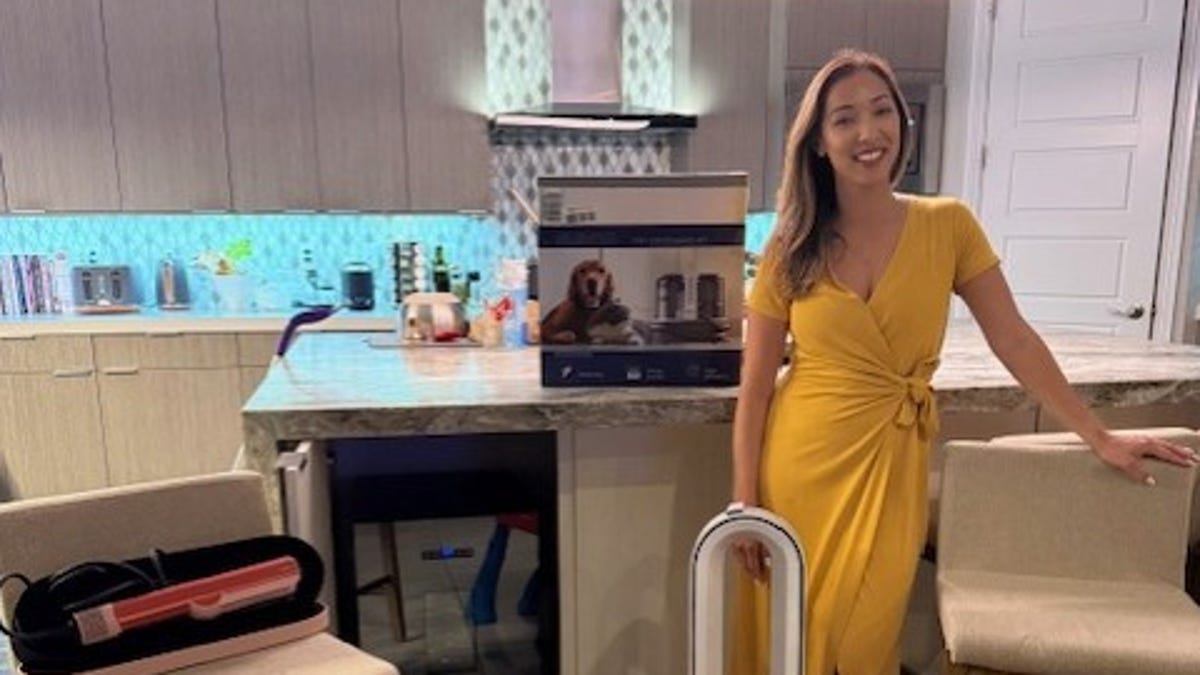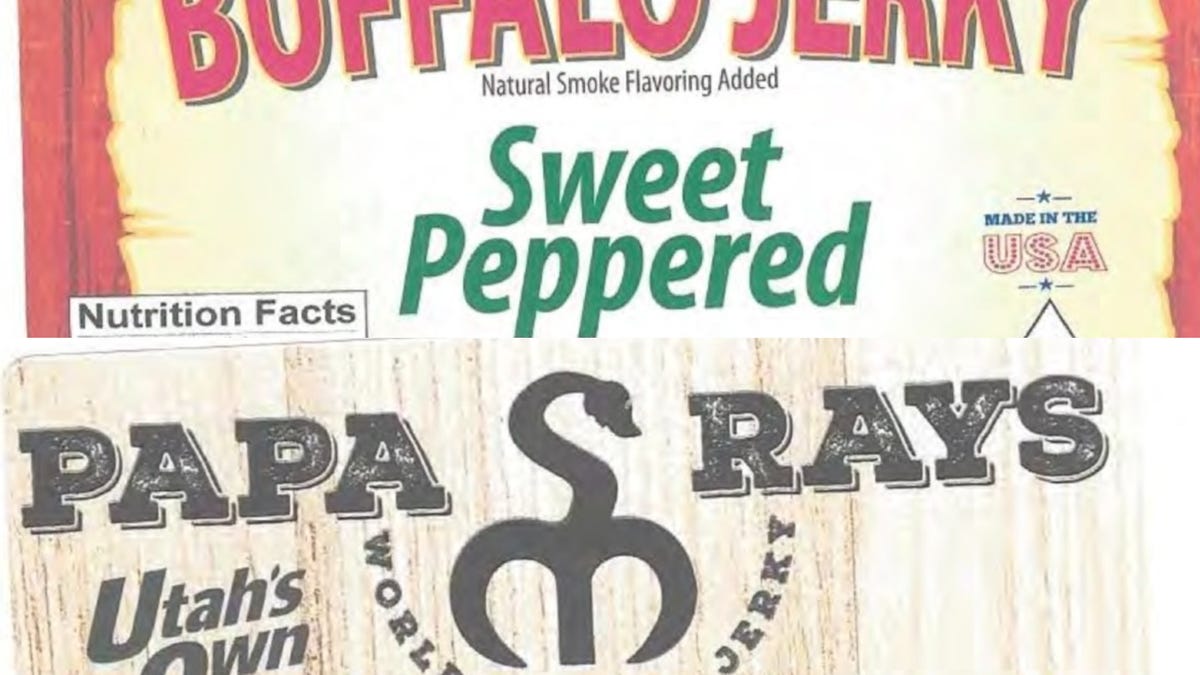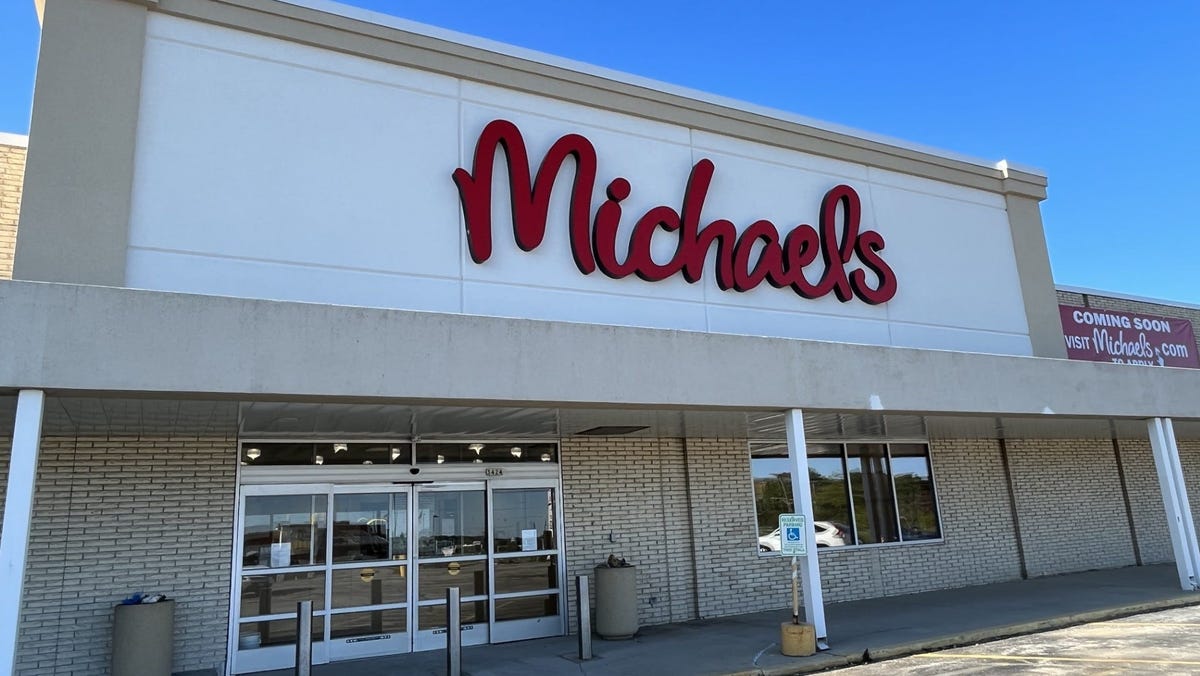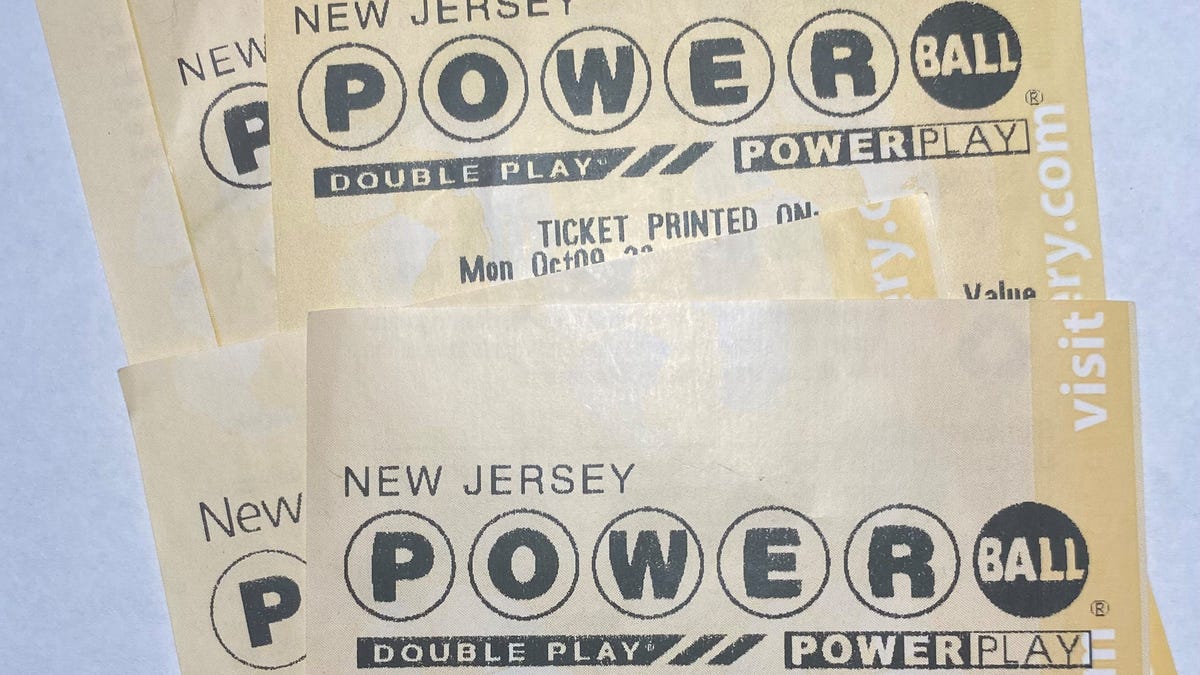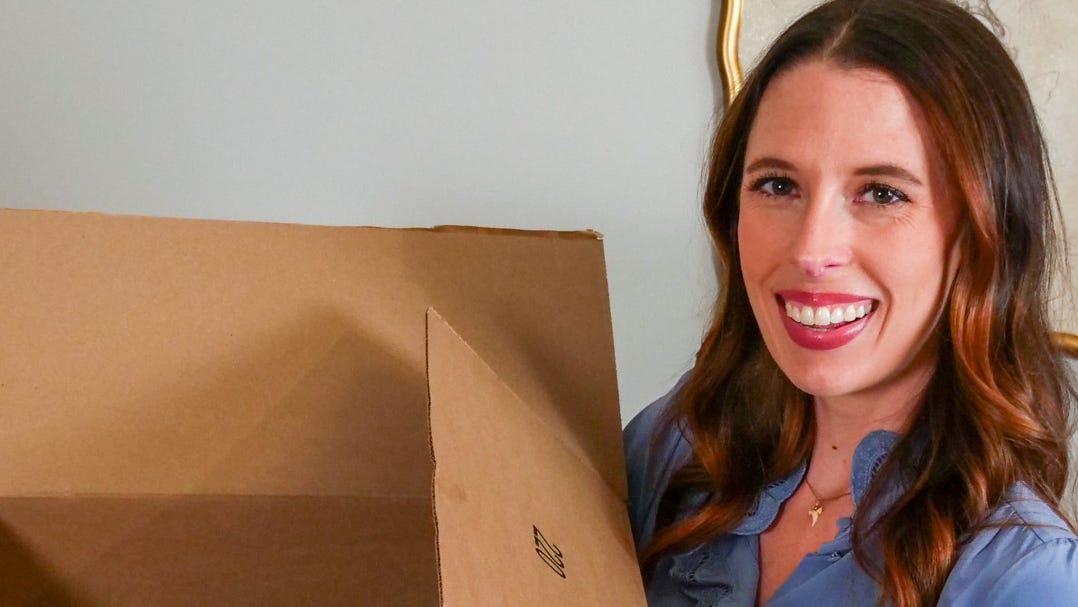
How to save money at Amazon, Wayfair, Best Buy and more
What do major retailers do with returned items? Sometimes, they sell it to you at a major discount. Here’s how to find the deals.
Problem Solved
- Consumers are saving money by purchasing returned and overstocked items from third-party companies.
- Retailers are saving money by offloading returns through these companies, reducing the financial burden of processing returns themselves.
- These companies offer deep discounts, often 40-80% off retail price, and provide a sustainable solution by keeping returned products out of landfills.
Sarah Khan has been decorating her Las Vegas home with counter stools, a pool lounger and bathroom vanity while regularly saving 40% to 80% off retail prices.
Tony Amrhein of Uniontown, Pennsylvania, has been stocking his eBay store with automotive parts for his side hustle, and also saving regularly off retail prices.
When items are returned to retailers, they are often steeply discounted and sold by a third-party company. Both Khan and Amrhein have been benefitting from scooping up those items.
While bargain hunters have been finding deals at stores that liquidate returns and overstocked items for years, a new wave of shoppers are finding deals on their phones or computers while solving a problem for the retail industry: finding new life for returned products that may otherwise go to a landfill.
Keeping returned products out of landfills
Companies that take on retailers’ returns and overstock and resell them to consumers in a variety ways help the retailers by offloading large volumes of returns, said Lauren Beitelspacher, a professor in the marketing division of Babson College in Wellesley, Massachusetts, whose research includes return policies.
Returns cost retailers a lot of money. Total returns were expected to top $890 billion in 2024, according to a report in December 2024 by the National Retail Federation. Retailers estimated that 16.9% of their annual sales in 2024 would be returned.
For consumers, it gives them the thrill of the hunt, said Beitelspacher.
“Customers could come across some unexpected treasures for a fraction of the cost. Additionally, keeping unsold inventory in circulation, rather than incineration, is a more sustainable model,” she said.
Businesses say they help retailers and shoppers
Emily Hosie founded REBEL in 2020, which is an online store for open-box returns and overstocked items from major retailers and brands. The site uses proprietary AI software to set competitive and deeply discounted prices for its items – typically at least 50% off – with free shipping after $75 in purchases. Oversized items have an extra shipping fee.
Hosie started the company when she was pregnant and looking for discounted baby gear. The company has since grown to offer baby gear and goods and recently expanded to general home goods, such as kitchen products, bedding and bath. They have plans to expand to more categories, she said.
“Many returns, unfortunately, are dispositioned to the landfill, regardless of their condition,” said Hosie, adding that the cost and complexities of handling returns for retailers is not worth it for a lot of companies. “We are interrupting that and are a solution.”
Hosie said the difference in REBEL’s items compared to other models is they purchase open-box, never used items and overstock items, so there is a guarantee they have not been used and all parts are included. If not, they can be returned.
Kellen Campbell is the founder of MAC.BID, an online auction site that buys thousands of full semi-truckloads of returned items directly from the retailer every month and sells them via its website and phone app.
“The advantage to our model with the auction is we don’t have to price anything,” Campbell said.
Everything starts at $1. Successful bidders go to a local warehouse to pick up their items. The company is on track to have 30 locations nationwide by July.
Major retailers also have their own return resale options for consumers. An Amazon spokesperson said returns that are deemed re-sellable might be sold on its Resale platform. Others may be returned to seller partners, donated or liquidated.
Big savings for shoppers
Morgan Donaldson of Charlotte, North Carolina, started buying baby goods from REBEL when her kids were young. Her best deal was a high-end bassinet that she saved $500 off retail. Once her baby was done using it, she resold it on her own for the cost she paid.
“You really notice the price difference on those big-ticket items,” she said. “Things like strollers, bassinets, and car seats add up so fast, so finding them in perfect condition for 30% or 40% off makes a huge impact, especially when I needed to buy several items at once.”
When Khan first discovered MAC.BID, she said she was immediately hooked by the range of products, the prices and the urgency of an online auction bidding platform.
“You’re searching through the site and finding all these little gold mines and then given the option there’s this like countdown and urgency to it …. that got me hooked,” said Khan, who has bought such items as counter stools, a pet-grooming kit, wine fridge, a Dyson air straightener, a kids play desk and Dyson air fan/heater.
MAC.BID really grew during the COVID-19 pandemic, said Campbell.
Some sites, like MAC.BID allow customers to pay an extra premium for what they call buyer’s assurance, or the ability to return the product. Other sites don’t offer returns, so shoppers take their chances.
Khan said for electronic purchases, she usually always buys the extra protection, but otherwise she takes her chances. Most times, she’s had no problem and other times when she has gotten something that was broken or missing pieces, she said she has come out ahead on other purchases that it’s worth the gamble.
Good source for reseller
Amrhein, who works for a nonprofit by day, has had an eBay store for 15 years. He sources his products from a variety of places, including flea markets, thrift stores and garage and estate sales. He also buys from MAC.BID to add variety to his inventory.
“I’m able to tap into a whole new market and get into automotive parts and industrial equipment,” among other goods, said Amrhein.
Amrhein said one of his best deals was buying a plumbing fitting for $3, which he sold for $800.
‘Giving you a killer deal’
Campbell said his employees use software that will scan the item to identify it, and if there is damage to the box or product, that will be noted. Sometimes, some items are too damaged and won’t be put up for sale or will be sold for parts, he said. Other times, there may be two or three boxes for a product, and a buyer will purchase it at a steep discount with the hopes that the third box will show up in a future auction, he said.
Campbell said his model efficiently gets a lot of products directly to consumers without having to sift through pallets of goods to find what a shopper wants.
“People all the time will come to me and say, ‘Hey, do you have this item?’ Campbell said. “I say, ‘I don’t know. Check the auction and if you don’t see it, keep looking because eventually we will get whatever you’re looking for.”
Campbell said his company doesn’t make money on each item, and sometimes, he doesn’t make money on each truck full of goods.
“We’re giving you a killer deal,” Campbell said. “Most of the stuff is selling somewhere between 70% to 80% off the retail price.
“We are bringing items to people that maybe otherwise couldn’t afford them,” he said.
Campbell said he even finds deals on things he never would have considered buying – until he saw it on the app.
“It might be a $1,000 item, and I would never buy that for $1,000. But if I could get it for like 200 bucks, yeah, I’d buy that item,” he said.
Campbell said the most expensive thing that was probably ever sold at MAC.BID was a $20,000 television that went for about half that price. And the weirdest? A taxidermied shark.
Khan said she went a little overboard when she first discovered the site and was buying a lot of things she didn’t need since they were such good deals. She has scaled back some on her purchases, but counts among one of her big wins an espresso machine that retails for $1,200 that she got for $200 for a friend.
She said there are also some hits and misses. Khan will usually pay the premium for buyer’s insurance for electronics, but sometimes, she’ll take her chances.
“You win some, you lose some,” she said. “Know you’re going to get some amazing pieces some more often than not, and some are just not really what you expect, so you have to cut your losses to a certain degree.”
This story was updated to fix a typo.
Betty Lin-Fisher is a consumer reporter for USA TODAY. Reach her at blinfisher@USATODAY.com or follow her on X, Facebook or Instagram @blinfisher and @blinfisher.bsky.social on Bluesky. Sign up for our free The Daily Money newsletter, which will include consumer news on Fridays, here.






